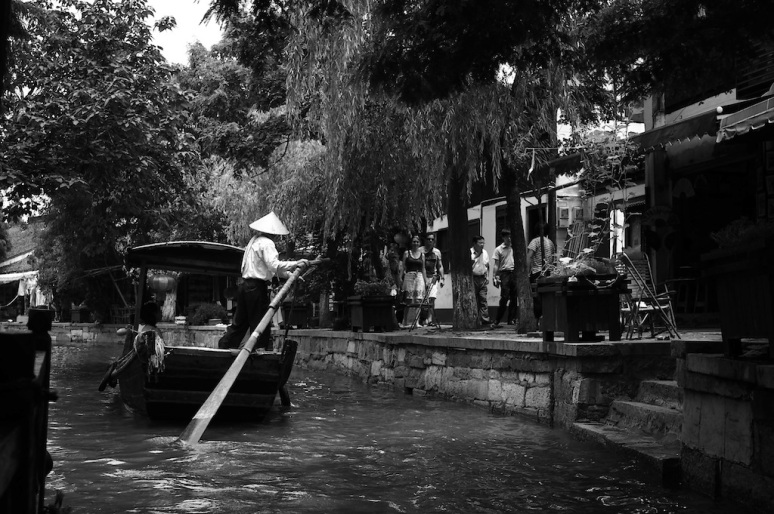Or as I like to call it, comments on how much you suck (or more enthusiastically put, where you can improve).
Imagine, if you will, you are showing photographs of yours to someone. These photographs are your favourite, or at the very least you consider them to be pretty good (and many others have told you so). This person you show your photographs to has very little to say with regards to how good they are. In fact, they mention how they don’t like the contrast, the positioning, the lack of meaning, and the averageness. Average. You considered to be pretty good photographs, but now you hear that they’re just average. It wounds your pride a little, a lot. Two options from here: feel offended or give your mind time to pause and listen to what your critic has to say.
This happened to me a few days ago and to say it wasn’t disheartening at first would be a lie. Who was the critic? My dad. In the end I realized what I had been missing out on since I got into UBC. Back when photography was a budding interest when I was in high school, I posted photos onto Facebook as any person interested in photography tends to do these days. Looking back, the best thing about doing just that was not the comments telling me about how nice the photos were, but having a small number of people telling me what they didn’t like about my photos. They answered questions like: What doesn’t work in this photo? What makes it lack a uniqueness? What makes it a photo that anybody could take? What could possibly make it so that it has a unique style? I would find out about their opinions through Facebook, MSN, Skype, and texts.
At UBC, I don’t recall many (if any) comments on how my photos lacked quality. It was always the same old “ohhh these are nice”. No wonder my photography has stagnated. That being said, I appreciate comments on how nice my photos are/can be, but one needs a mix of praise and criticism. This recent experience really exaggerated that necessity. Without criticism, one can still improve but it is a very slow process and isn’t a guarantee. With criticism, that process can be sped up and improvements will be had (assuming constructive criticism is listened to and considered). Critics don’t even have to be photographers themselves, though the hardest part is listening to people critique you when they know little of the processes and not try to defend yourself. Initially it’s hard, but once you start listening you can get some great ideas!
Your best friends are your critics, not the ones that praise you. This applies to almost anything one does in life! If you’re curious about the photos in question along with the reasons:
This one was the better one of the following three. When printed, some details in the dark areas are actually clearly visible. The lighting in the photo is very appealing and there exists a sense of movement with the water and the boat. The eyes follow it very well. There could be areas of improvement in terms of lighting.
One of the bad ones according to my father. According to him there is too much contrast and details in the dark areas are lost. There is nothing unique about this photo and it lacks a sort of meaning.
Again according to my dad this one is also nothing special. While it may look nice, there lacks a sense of movement and it is a photo that can be taken almost anywhere in urban areas around the world (supposedly). Again, too much contrast.
Opinions will be opinions of course. There is no right or wrong and sometimes a photo that looks great just looks great. Learn with an open mind! Situations will rarely be perfect, but knowing the “perfect” situations can give you an edge and not miss wonderful chances!



